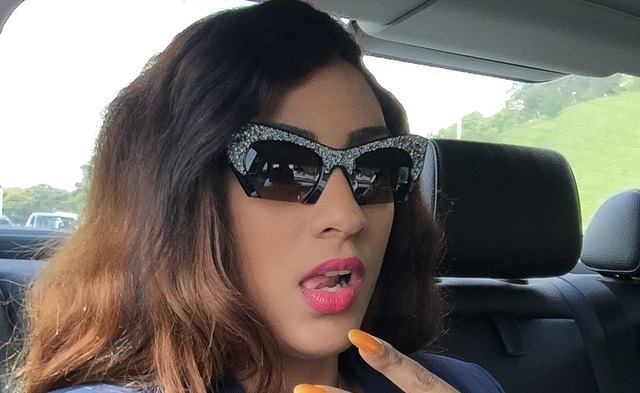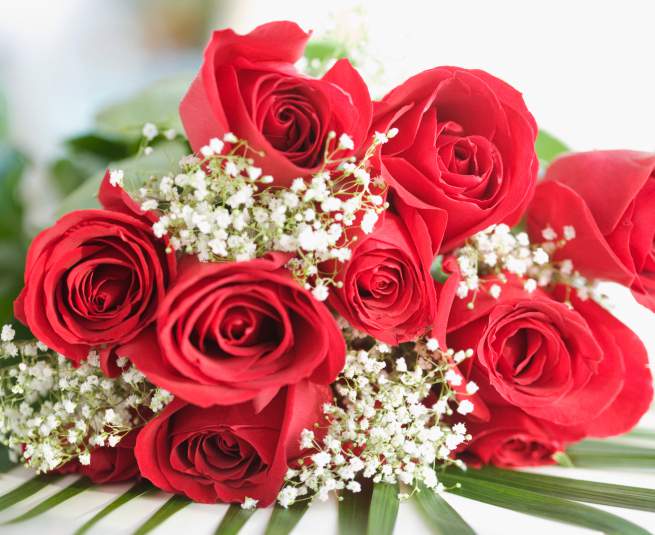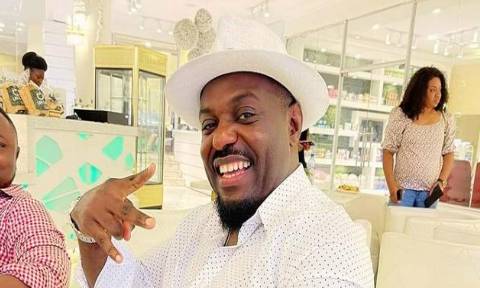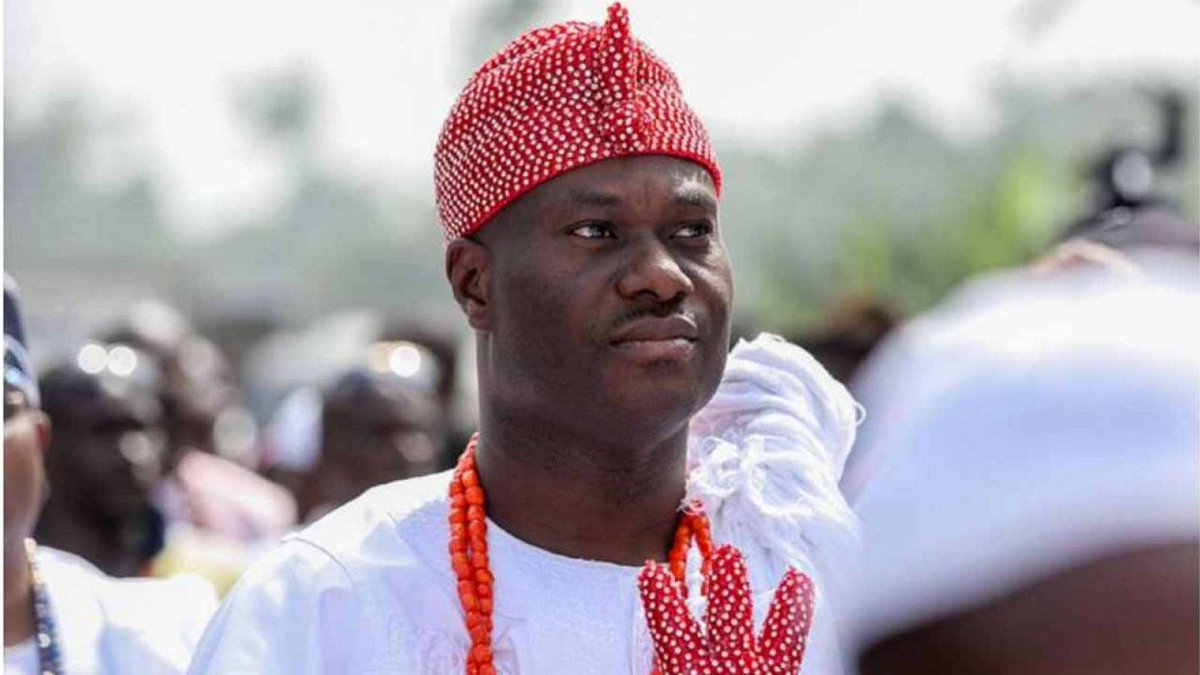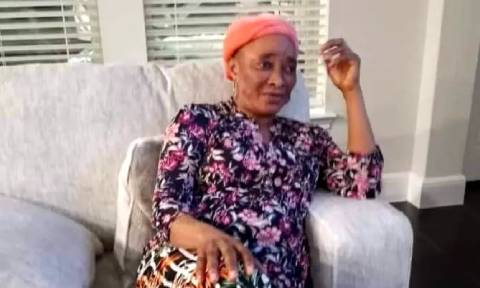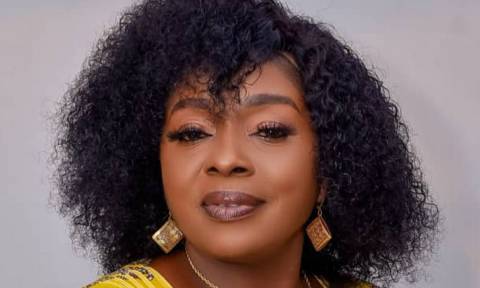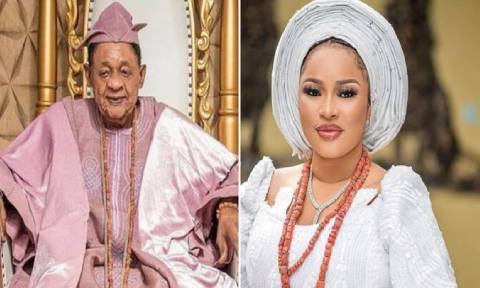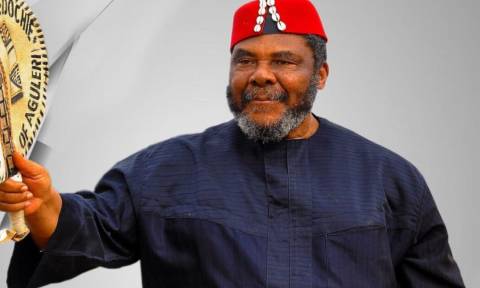
How expensive is marriage in Igboland compared to other parts of Nigeria? JULIET UMEH examines the full range of bride price practices east of the Niger.
Ask Anthony Omeha why he is still single at 45. His response will give you an insight into why most youths from the South East of Nigeria marry late. Says Omeha, “I’ve been in a relationship with Chinasa Ukeh, my girl friend, for the past ten years, but I’ve not been able to tie the knot because getting married in my town is not child’s play. It could nearly push you to rob a bank, especially if you don’t have a good job or a viable source of income.
As a result, many are boycotting the normal process by swiftly getting their girlfriends pregnant, so that the family would accept whatever is presented to them. But I don’t want to go about it that way. And that’s why I’m still single, hoping to gather enough funds to face the challenge soonest.”
Ikenna Madu, a 38-year-old young man from Ezinihitte Mbaise in Imo State is obviously facing the same challenge.
He says, “My greatest predicament is certainly not only my unviable business but the fact that I couldn’t get Oluchi Uche, my former girl friend, to be my wife because of the high bride price in Mbaise, my locality. Both of us agreed to walk down the aisle in 2014, but that was not achievable due to financial constraints. Uche later backed out of the relationship and went with a young man who came from abroad during the last Christmas period.”
The jilted Madu tells his story further: “I have the intention of marrying from among my people, but fear always grips me whenever I think of what it takes to marry our ladies. I am not thinking of living with one illegally because, if, God forbid, she dies, you will be made to marry her corpse before she is buried. I lost my lover of many years because I couldn’t meet up with her people’s high expectations.
I am still a struggling man hoping to make it one day.” Gladys Ezeh is from Mbano, in Imo State. She also has a story to tell. “My maternal uncle was lamenting recently that he doesn’t know how to present the list he was given by his kinsmen to his daughter’s suitor. The worst thing is that the list is now in two parts. There is a list for an educated girl and another list for the uneducated.”
While high bride price is often a stumbling block to singles from the South East, especially in Mbano and Mbaise communities of Imo State, bride price is not really an issue in most parts of the North and the South West.
According to Sheik Muhammad Awwal Adam, a prominent scholar in Adamawa State, dowry is one of the most significant pillars of marriage, without which marriage cannot be consummated in Islam. However, in Islam, the minimum amount acceptable as dowry is one quarter of a “Dinar”, which is about N10, 000.
That is nothing compared to the bride price of the South East. Sola Aderemi, who is of Yoruba extraction, says with N20, 000, one can comfortably marry a wife in Yoruba land, which constitutes the South West. Still in the South East, many argue that bride price varies from community to community, and is not a problem in many places. Alloysius Njoku, a titled chief from Mbaise debunks the allegation of high cost of marriage in Imo State, especially in his community.
He says, “In Igbo land, especially in Mbaise where I come from, when we give you our daughter in marriage, you’ve just picked gold. She will have children for you and you will make profit and the woman will even take the father’s wealth to your place. Bride price varies from community to community.
For instance, in my place, Ibeku in Abombaise Local Government, when a boy and a girl agree to marry, we will give the groom-to-be the list of items for the bride price. That list may contain like 10 cartoons of beer, 10 cartoons of malt, 50 tubers of yam, wrappers, and 30 kegs of palm wine.
But I must let you know that if you are interested in marrying the girl, even if you bring one cartoon of beer, one keg of palm wine or one wrapper, we will ensure the wedding is successful.” Njoku continues, “I have a daughter in the university whose education I am solely funding presently. I cannot calculate how much I have spent on her.
Now, if she finds a man and both of them are in love, once I’m convinced that she likes the man, even if the man pays nothing, I can even use my money to settle our kinsmen. So when people say Mbaise people are collecting too much money as bride price, I would say it’s not like that in my case. No one is forced to do it. We will give you the list, and if you want to show that you have ‘arrived,’ the kinsmen will happily collect the items and money from you. But if you come to Mbaise with little or no money, you can take a wife.
In fact, we may even assist you to wed in church. Don’t mind those people who say they are single because of high bride price. They are just looking for excuses for their delay in getting married. Money cannot hinder anyone from getting married,” Njoku submitted.
Matthew Chukwu, also a title holder in Ehime Mbano in Imo state, unlike Njoku, insists the bride price in Mbano is still high. Chukwu, however, strongly believes the whole process should be upheld because that’s tradition. But he was quick to explain a way-forward.
He says, “When a list is presented to the intending suitor, it is his bargaining power that will help him out. On the average, apart from the list of things to buy, the main bride price could be N50, 000, to N70, 000 depending on how educated the lady is.
“People say marrying in Mbano is quite expensive, because prospective in-laws could request up to 80 tubers of yam for the father and the mother. But some people may not accept to complete the requirements.
What most guys do these days is that when they feel they don’t have enough money to off-set the payment of the bride price, they might decide to put the lady in the family. The parents would then be forced to ask them to go and start living together until the groom is capable of paying the money and do some marriage rites.
That’s the trick now,” he explained. In Nigeria, bride price is a well established principle drawn from customary law. The payment of bride price is an essential ingredient of a valid customary marriage. The term ‘bride price’ is often used interchangeably in Nigeria with ‘dowry’. It is usually the payment, in monetary form, to the parents or guardians of a female partner made by the groom to seal marriage.
In Nigeria, whether bride price takes the form of a gift or payment depends on the customary law of each locality. Historically, bride price took the form of labour provided by the suitor for the parents of his wife-to-be. Such labour was rendered in addition to a small cash payment and drinks. But with the advent of modern economy, bride price took the predominant form of cash payment.
At the same time, payment in other forms of property became a rare occurrence. Although Nigeria’s diversity has created room for different types of marriage, one thing that has remained constant is the payment of bride price. It has become an essential part of a valid customary marriage in the country. Bride price varies from one culture to another, while there is no fixed amount on how much can be paid.
However, following public complaints of incidents of high bride price, the Imo State government in 1979 commissioned the state branch of the National Council of Women’s Societies of Nigeria to look into the problems and recommend possible solutions.
The Council, in its report, recommended maximum cash expenses of N500, 000. The then government, however, rejected this view on the grounds that the provisions of the Limitation of Dowry Law 1956 were still adequate. In spite of this conclusion, four members of the Imo State House of Assembly in 1981 introduced a Bill the Limitation of Bride Price Law – which sought to repeal the 1956 Law.
The Bill prescribed a bride price of not more than five hundred Naira where no incidental expenses are paid. In other cases, the bride price shall not exceed N200 and the incidental expenses N300.
However, the bill never became law. However, as the issue continues to raise dust in Imo State, especially Mbaise and Mbano community, Imo State governor, Rochas Okorocha, at a point inaugurated the traditional parliament to harmonize bride price in different communities of Imo State. But the committee was not able to institutionalize any reforms. Reactions from this move attracted sharply divided opinions.
Those in favour of the harmonization reasoned that many young persons, especially the females, stay single longer than they would like to before getting married because of high bride price and other exigencies involved in traditional and church weddings. Conversely, those against the move said that traditional rulers lack the powers to determine bride price, since they neither make any contributions, nor play any part in the upbringing of the brides.
In other words, to them, it’s entirely a family issue, not that of traditional rulers. Reacting to why high bride price has persisted despite these attempts to introduce reforms, Mike Okoro from Mbaise said, “It all depends on the family and the lady involved. These days, ladies are no longer interested in all those rigorous processes.
The moment they meet whoever they like, if their father cannot accept what the suitor has brought, they will damn the consequences and elope with the guy. Again, some parts of Mbaise pay bride price based on academic qualification of the lady. But for you to marry in Mbaise and be applauded, you have to spend N350, 000 up wards. Some families are considerate and will not ask for everything.
They may just tell the groom to settle the kindred, because if he has to do everything, he might need up to N500, 000.” Linda Onyinyechi Anthony believes “High bride price should be discouraged.
We are actually selling our women not giving their hands in marriage. I just got married and my husband is not Igbo but from the South-South. I felt bad about the fact that he had to spend more than N400, 000 on these rites. It’s very annoying.” Njoku says, “Even if Rochas sets up a panel, they are not the parents of the bride.
Officially they may stipulate a price, but that may not change much, because, I tell you, whatever the parents agree on is the bride price. But marriage is now cheap in my place. Take for instance, one of my kinsmen, a doctor by profession. Some people came from Edo State to marry his daughter.
He didn’t collect a dime from them, but he emphasised that his daughter must not be maltreated.” Says Tobechukwu Joel, “We must stop the ‘As it was in the beginning, so shall it continue’ mentality. Our fathers failed by following the wicked ways of our forefathers in the name of customs and traditions.
The fact that some of them were victims of issues like Osu caste system, high bride price and maltreatment of widows are all wicked practices that are supposed to have been scrapped. We need to abolish all these obsolete traditions!”
